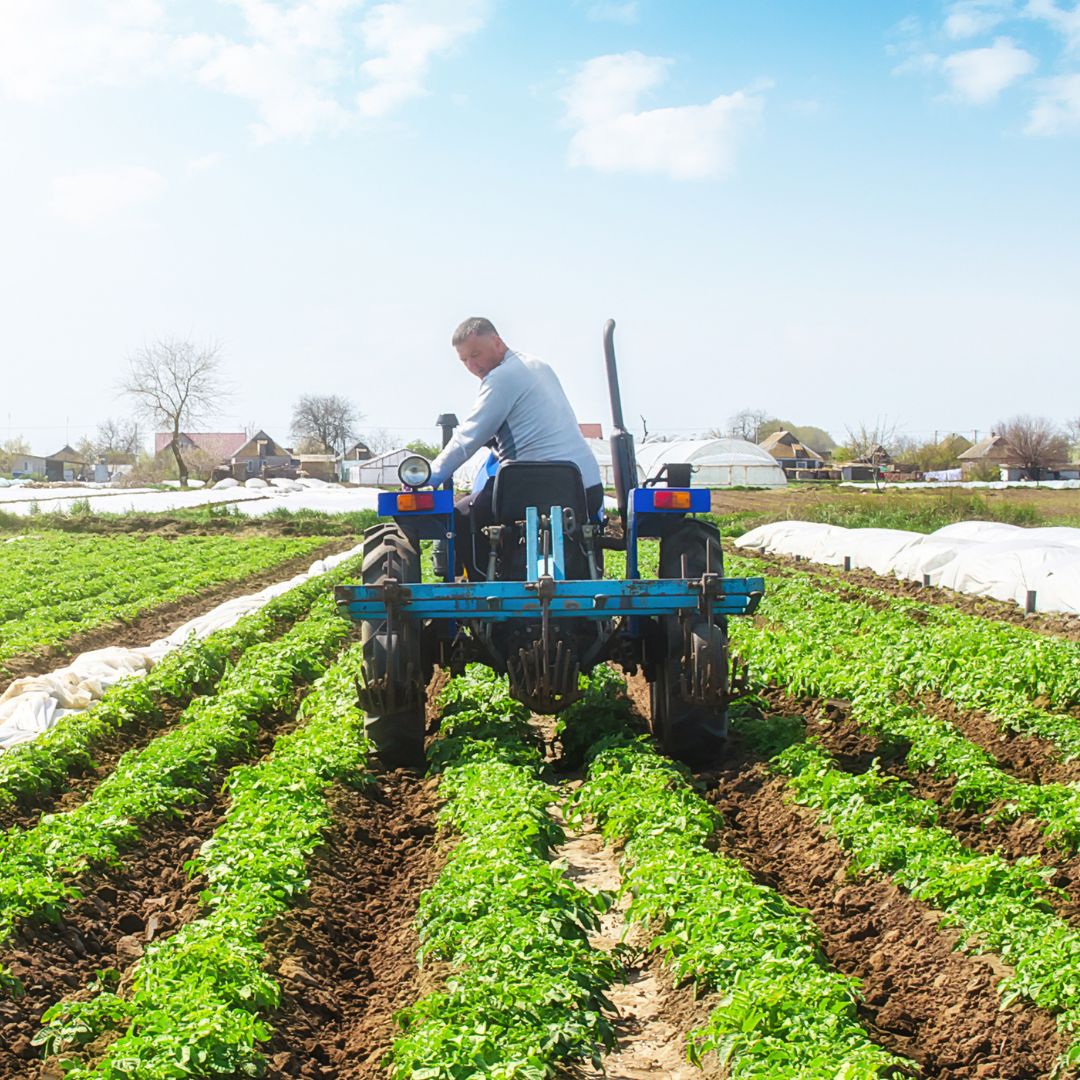Small farms can be the heart of local communities, providing fresh produce and a charming countryside ethos. There are several pieces of essential equipment for running a small farm that you may want to know about to operate such an enterprise smoothly.
While the scale of a small farm precludes the need for industrial farming machinery, strategic equipment choices can significantly boost productivity and profitability. In this post, we’ll explore crucial items you need to operate a successful small farm, focusing on functionality and resourcefulness.
A High-Quality Tractor
A good tractor is to a farm what a loyal friend is to an individual—invaluable and always willing to lend a hand. For small farms, a compact or subcompact tractor is a great choice. Nimble yet powerful, it allows for various attachments, making it a versatile tool across different seasons and tasks.
When shopping for a tractor, consider the terrain, soil, and the number of hours it’ll be used. Attachments such as loaders for hay and manure, mowers for clearing pastures, and cultivators for gardening and sowing are key to maximizing the tractor’s potential. Also, choose a design that allows easy access for maintenance; regular care is essential for longevity in farming conditions.
Air Quality Monitors
Sustainability and environmental health are increasingly relevant to modern farming. Air quality monitors might not be the first tool you associate with a farm, but for those growing crops, they are critical. You can use monitors to keep track of humidity, temperature, and other factors that may affect your crops.
These devices can alert you to the presence of dangerous contaminants, such as ammonia and dust, helping you adjust your farming practices accordingly and protecting your crop yield and your own health. There are specific types of environmental sensors that can help you keep an eye on your field and monitor a wide range of factors. Air quality monitors are a silent guardian on your farm, ensuring you’re always operating within safe and sustainable parameters.
Rotary Tiller
Depending on the size of your farm and how much of your land you dedicate to crop growth, you may find that a rotary tiller makes things a lot easier. Tilling the ground is a lot of hard work, but it’s an essential task that prepares the soil for a new wave of crops.
In addition to preserving soil structure, a tiller can seamlessly blend in organic matter, weed out unwanted growth, and provide a seedbed ready for planting. Look for tillers with adjustable tilling widths and depths, and consider the tiller’s weight to ensure it’s suitable for your tractor’s size and strength.
Quality Sprinkler System
In agriculture, water is life, so an essential piece of equipment for running a small farm is a reliable sprinkler system. A well-designed sprinkler layout and system can vastly improve water efficiency, reduce labor, and optimize plant growth.
Consider factors such as water pressure, coverage area, and ease of maintenance when selecting a system. Drip irrigation can be particularly efficient for those aiming at water conservation. By investing in a quality sprinkler system, you’ll ensure your fields receive the water they need to yield an optimal harvest.
With the right tools and equipment at your disposal, you can take care of your crops, tend to your animals, and keep things running smoothly and effectively.

